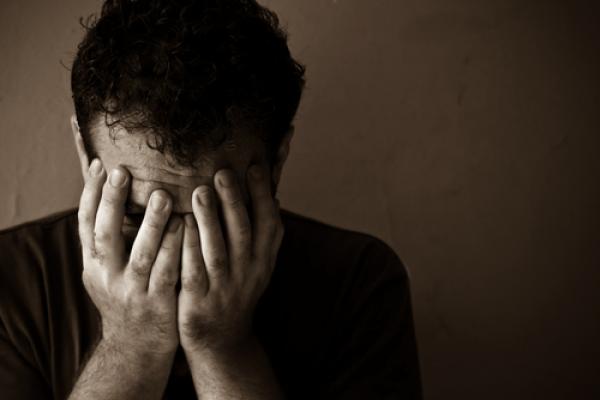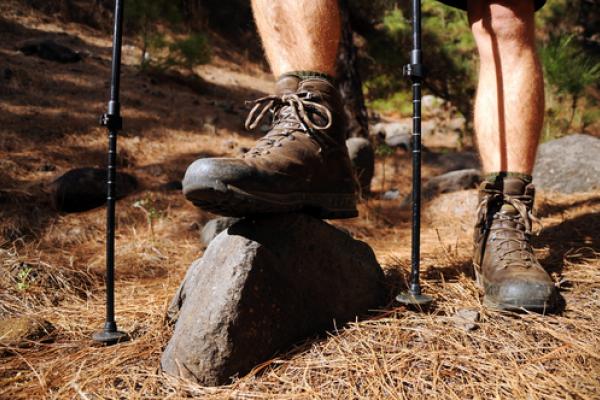It is not very difficult to understand why there is a black church and a white church in America today, or to realize that this structure will not change in the near future. The religious atmosphere created by the coming together of blacks (who were slaves) and whites (who were masters) tended to negate any possibility of developing the true unity and oneness that scripture proclaims for the church. The agendas of the slaves were vastly different from those of the masters. Unfortunately, conflict over agendas, both stated and unstated, continues to be one of the reasons that blacks and whites do not come together to worship.
Rather than a Third Great Awakening I believe we are standing in the threshold of a Great Grace Awakening. It’s a move of the Holy Spirit drawing people away from legalistic and fear-based beliefs to a place some of us would call grace.
On the surface, it may seem to fly in the face of some traditional Judeo-Christian ethics. But it is aligned with a broader, more universal ethic that seems to be developing around genuine Christian love and grace — the very essence of Jesus’ ministry and what makes it so revolutionary — as guiding principles.
Grace is the reason for the incarnation. God became human and walked in our sandals because God knows us and wants us to be known.
Grace says that there is nothing we could ever do that would make God love us less. And grace tells us that there’s nothing we could ever do that would make God love us more. You are loved simply because you are and for all of who you are. Full stop.
One year after a gunman opened fire in a Sikh temple in Oak Creek, Wis., killing six worshippers, Sikhs say they are hopeful about the future and even more determined to be better understood.
“The legacy of Oak Creek is not one of bloodshed,” said Valarie Kaur, founding director of the interfaith group Groundswell, a project of Auburn Seminary in N.Y.
“[It’s of] how a community rose to bring people together to heal and to organize for lasting social change,” she told the PBS television program “Religion & Ethics NewsWeekly.”
Muslim-American groups are mounting a growing campaign to quash the potential nomination of New York City Police Commissioner Raymond Kelly as the next secretary of the Department of Homeland Security.
Muslims say that as head of the nation’s biggest police force, the commissioner oversaw a spying program that targeted Muslims based solely on their religion, showed poor judgment by participating in a virulently anti-Islamic film, and approved a report on terrorism that equated innocuous behavior such as quitting smoking with signs of radicalization.
Homeland Security chief Janet Napolitano announced she is resigning in September to become president of the University of California system.
“Mr. Kelly might be very happy where he is, but if he’s not, I’d want to know about it, because obviously he’d be very well qualified for the job,” President Barack Obama said in a July 16 interview with Univision.
Muslims are particularly indignant because Obama said on numerous occasions that he would work to end profiling.
Our church is right in the heart of the city and as such, many who make their home outside find their way into our worship services on Sunday and throughout the week for various reasons. The first year Amy and I were here, we made a concerted effort to allow people to sleep on the steps and in the courtyard of the church if they so chose, as it seemed to be the bare minimum offering of hospitality required of us.
In the past few months, however, things have gotten a lot more complicated. Several fights have broken out over turf, a couple of people have fallen and lost teeth or broken ribs, and at least three times, people have broken into the boiler room to sleep. At least once or twice a week, we catch a group of younger folks shooting up heroin in the courtyard, their needles scattered about in the midst of the greenery. We have found every kind of bodily waste one cares to imagine in the common area, and this Sunday during our annual church cookout, I had to escort one man out of the restroom for masturbating to pornography in one of the bathroom stalls.
There comes a point when the hospitality afforded to those we are trying to welcome in has to be weighed against the safety of those already present in the community. Although the sanitation issues and the vandalism were less than pleasant, the violence, drug use, and sexual indiscretions finally pushed us over the line. We met with the Portland police and had a notice posted that said any loiterers who refused to leave upon request would be arrested.
During the week leading up to the “Summer Heat” demonstrations — protesting the Keystone XL pipeline and urging for action on climate change — about 25 people started a hike from Camp David to Washington, D.C. Midway through the 100-mile hike, they were joined by another 50 people at Harper’s Ferry, W.Va. They called their journey the “Walk for Our Grandchildren.”
The name gives away the motivation — the walker’s sense of duty to future generations to leave a healthy planet. When they reached DC, many were arrested in an act of civil disobedience at the offices of Environmental Resources Management, a consulting firm given the task of writing the environmental review of the Keystone XL pipeline — a firm which also works for TransCanada, the energy company seeking to build the pipeline. Many others spent that Friday night at a church, and joined the Summer Heat demonstrations at the White House the next day.
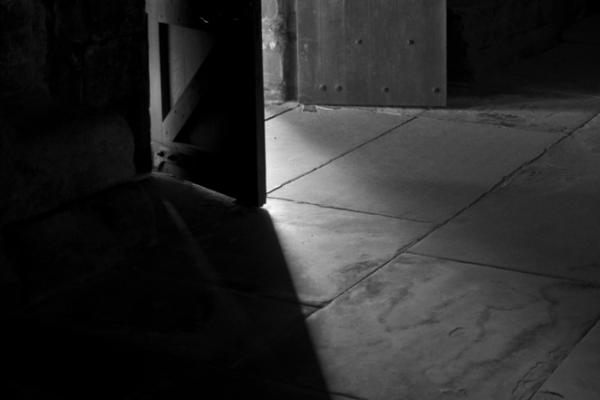
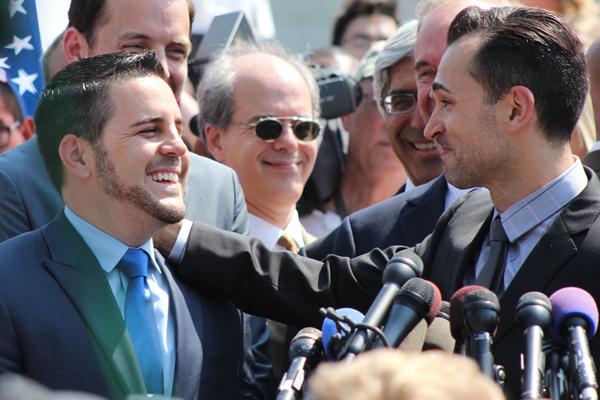
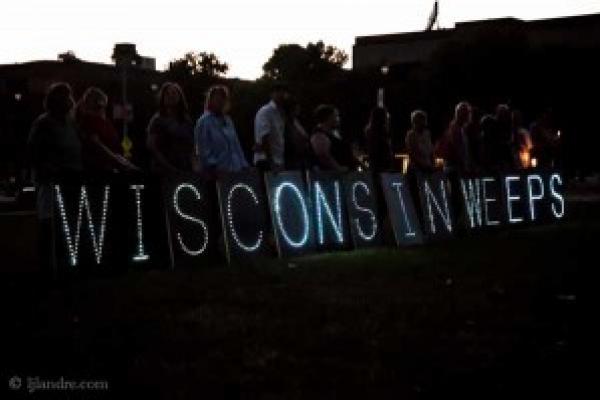
![U.S. Secretary of State John Kerry shakes hands with Raymond Kelly. Photo courtesy U.S. Department of State, via Wikimedia Photo courtesy U.S. Department of State [Public domain], via Wikimedia Commons](https://sojo.net/files/styles/large_rectangle_crop/public/blog/512px-U.S._Secretary_of_State_John_Kerry_shakes_hands_with_Raymond_Kelly_Commissioner_of_the_New_York_City_Police_Department_NYPD-427x284.jpg)
